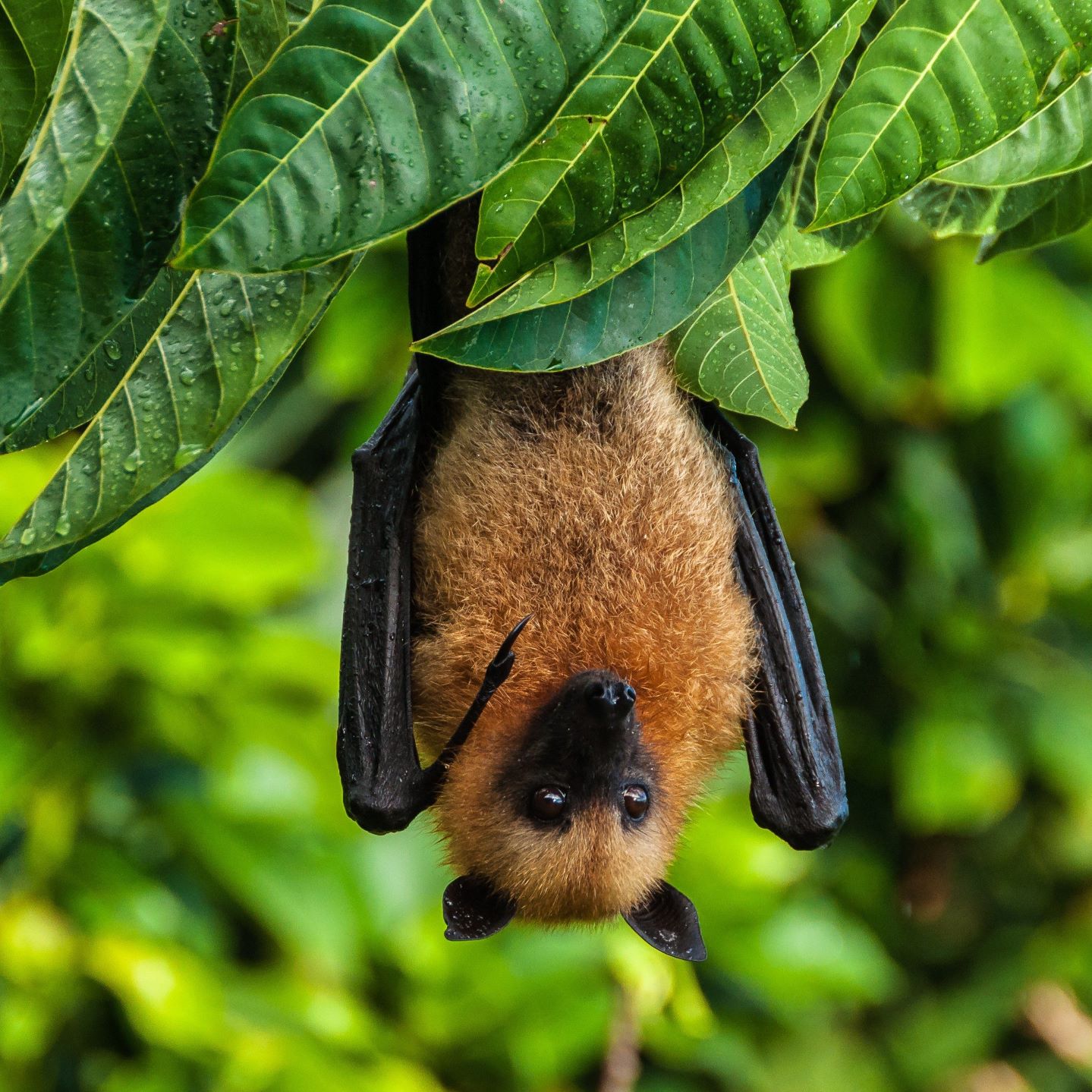A study suggests that a protein derived from bats could hold the key to slowing human aging and combating diseases such as Covid-19, heart disease, and arthritis.
Bats, with an average lifespan of about 20 years, possess a remarkable ability to survive pathogens that are deadly to humans, including Ebola and Covid-19. Scientists have therefore turned to bats to investigate whether their immune resilience could be harnessed for human benefit.
Researchers at Duke-NUS Medical School in Singapore identified a protein responsible for bats’ exceptional immune defense. This protein, known as ASC2, has shown promise in genetically modified mice, leading scientists to hope it could eventually be adapted for human use, potentially saving millions of lives.
The ASC2 protein is present in both humans and bats, but researchers speculate that its potency has been enhanced in bats due to the physiological stress they endure from flying.
In their study published in the journal Cell, the researchers discovered a modified version of the ‘bat ASC2’ protein that effectively suppresses inflammatory responses in bats, contributing to their viral resilience.
They genetically modified mice to express the ASC2 protein, which conferred similar anti-inflammatory properties as observed in bats.

Dr. Linfa Wang, a professor at Duke-NUS Medical School, highlighted the therapeutic potential of ASC2 when tested on human cells, demonstrating increased resistance to diseases.
He suggested that ASC2 could play a crucial role in extending longevity and reducing mortality from viral infections in humans by dampening inflammatory responses.
Dr. Wang emphasized the complexity of biological systems but noted that ASC2’s ability to mitigate inflammation could pave the way for developing new classes of anti-inflammatory drugs to combat diseases driven by inflammasomes in humans. The researchers have already filed patents based on their findings and are exploring partnerships for drug development.
In experiments with mice, those with the ASC2 adaptation exhibited a significantly lower death rate from a severe flu virus and showed substantial inhibition of the Zika virus, a mosquito-borne pathogen.
While bats’ adaptation to control their inflammatory immune response appears promising, Professor Gilda Tachedjian from the Burnet Institute in Australia cautioned that further research is necessary to translate these findings into effective therapies for human use.
She underscored the need for more studies to refine these insights into practical treatments that could reduce mortality from viral diseases and potentially enhance human longevity.
